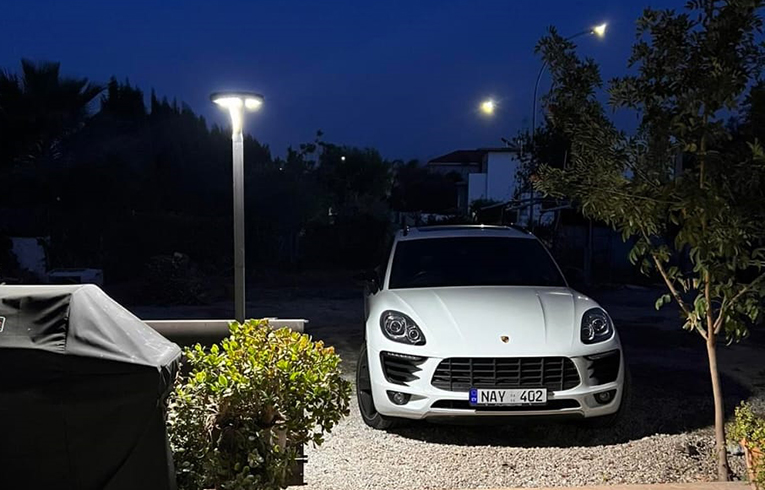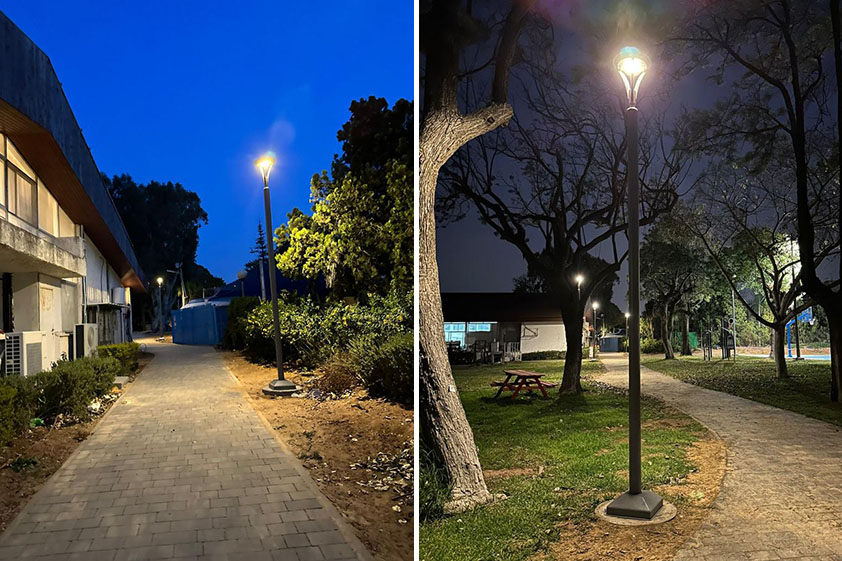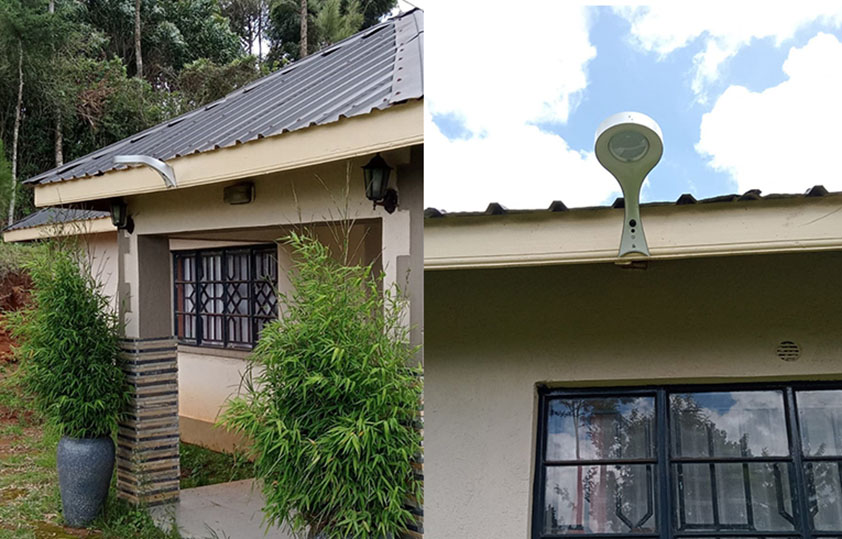Discover the main reason why solar lights stop working: worn-out batteries. While solar light batteries are sustainable and cost-effective, they eventually lose their ability to hold a charge, affecting the performance of your lights.
To ensure optimal lighting, it’s important to replace solar light batteries at least once a year. But can you use regular batteries? The answer is a resounding NO. Regular batteries, especially alkaline-based ones, are designed to be thrown away once they’re fully depleted.
However, there is a longer answer: in certain situations, regular batteries can temporarily power up solar lights. As a general rule, avoid leaving regular batteries in your solar lights for longer than one week.
Don’t let your solar lights go dim. Take proper care of your batteries and enjoy bright, reliable outdoor lighting all year round.
Are Solar Light Batteries Different From Alkaline Batteries?
Solar light batteries are specifically designed to store power from the sun, using photovoltaic arrays to collect and convert the sun’s rays into DC. This stored energy is then used to power up the lamps when it gets dark.
In contrast, alkaline batteries derive their energy from a chemical reaction between zinc metal and manganese dioxide. These batteries are not designed for recharging and should not be used in solar lights.
While it may be temporarily convenient to use regular batteries while waiting for new rechargeable ones, it’s important to know that doing so carries the risk of causing a permanent system failure. It’s best to avoid this risk and opt for rechargeable batteries specifically designed for solar lights.

What Type of Batteries Do Solar Lights Use?
Solar lights are compatible with two types of rechargeable batteries: NiCd (Nickel Cadmium) or NiMH (Nickel Metal Hydride).
Don’t worry about finding the right replacement battery – they are readily available in local stores. Best of all, these batteries can be used interchangeably, giving you flexibility.
If you’re considering replacing your solar light batteries, I highly recommend choosing NiMH. Let me explain why these newer batteries are the better choice compared to the older NiCd ones.
Discover the Average Lifespan of Rechargeable Batteries
Find out how long your rechargeable solar light batteries will last, with an average lifespan of 1-2 years. However, keep in mind that the specific brand, type, and quality of your battery can affect this time frame.
Don’t let your solar light batteries fade away – most will start to decrease in brightness after just one year. As they near the end of their lifespan, the quality of light they emit will noticeably diminish.
Not only will the brightness fade, but their charging ability and overall performance will also decline significantly. For optimal results, it’s recommended to replace your rechargeable batteries as soon as they exhibit signs of wearing out.
Ensure you have the best power source for your solar lights by staying informed about the lifespan of rechargeable batteries.

The Consequences of Using Regular Batteries in Solar Lights
Using regular non-rechargeable batteries in your solar lights can lead to several dangers and issues, including:
1. Corrosion of Terminals: Regular batteries are not meant to be used in solar lighting systems and can cause corrosion of the terminals. This corrosion breaks the connection between the battery and its terminals, preventing power from reaching the light.
2. Irreversible System Failure: Regular alkaline batteries are unable to store the collected charge, leading to charging problems and permanent damage to the system. Additionally, attempting to remove corrosive effects with water and baking soda can further damage the internal mechanics of the light.
3. Warranty Cancellation: Most solar lights come with a warranty, but using regular batteries can void this warranty. Manufacturers require the use of recommended replacement batteries to ensure proper functioning and cover any damages.
4. Unstable Performance: Regular batteries are not designed for solar lighting systems and can result in flickering lights and sudden power drains. To achieve optimal lighting performance, it is best to use NiMH or NiCd batteries.
By avoiding the use of regular batteries in your solar lights, you can ensure better performance, protect your warranty, and avoid potential system failures.

How to Prolong the Life of Your Rechargeable Batteries?
Learn how to keep your solar light batteries in peak condition for longer with these expert tips.
Tip #1: Protect Them from Extreme Weather
When faced with long periods of rain or cloud, turn off your solar lights to prevent damage to the batteries. This simple step can significantly extend their lifespan.
Tip #2: Store Them Indoors in Cold Weather
During chilly winters, store your solar lights indoors to protect the batteries from cold temperatures. Choose a location that receives either sunlight or house lighting to ensure the battery stays charged.
Tip #3: Maintain Clean Solar Panels
Regularly cleaning your solar panels is the key to maximizing their performance and prolonging battery life. Use a clean, lint-free cloth to wipe away dirt and grime at least twice a month for optimal results.

In conclusion
Solar light batteries are different from alkaline batteries because of their ability to recharge. Solar lights typically use rechargeable NiMH or lithium-ion batteries that have a significantly longer lifespan compared to standard alkaline variations. Although it may be tempting to use traditional batteries in your solar lights to save money, the consequences can outweigh the benefits; not only do regular batteries drain more quickly, but they also have the potential of causing minor malfunctioning in these small devices.
To ensure that you get the most out of your solar light setup, replace your batteries as needed and keep up with regular maintenance procedures like charging and cleaning– both measures help increase battery life and keep your set-up running strong long into the future. If you’re looking for reliable and durable solar light batteries, contact our product managers at [name & contact info] for more professional sourcing solutions.
Related post
What Kind of Batteries are Used in Solar Street Lights?
How To Choose the Right Batteries for your Solar light?
Solar Street Lights Battery Comprehensive guide
Table of Contents